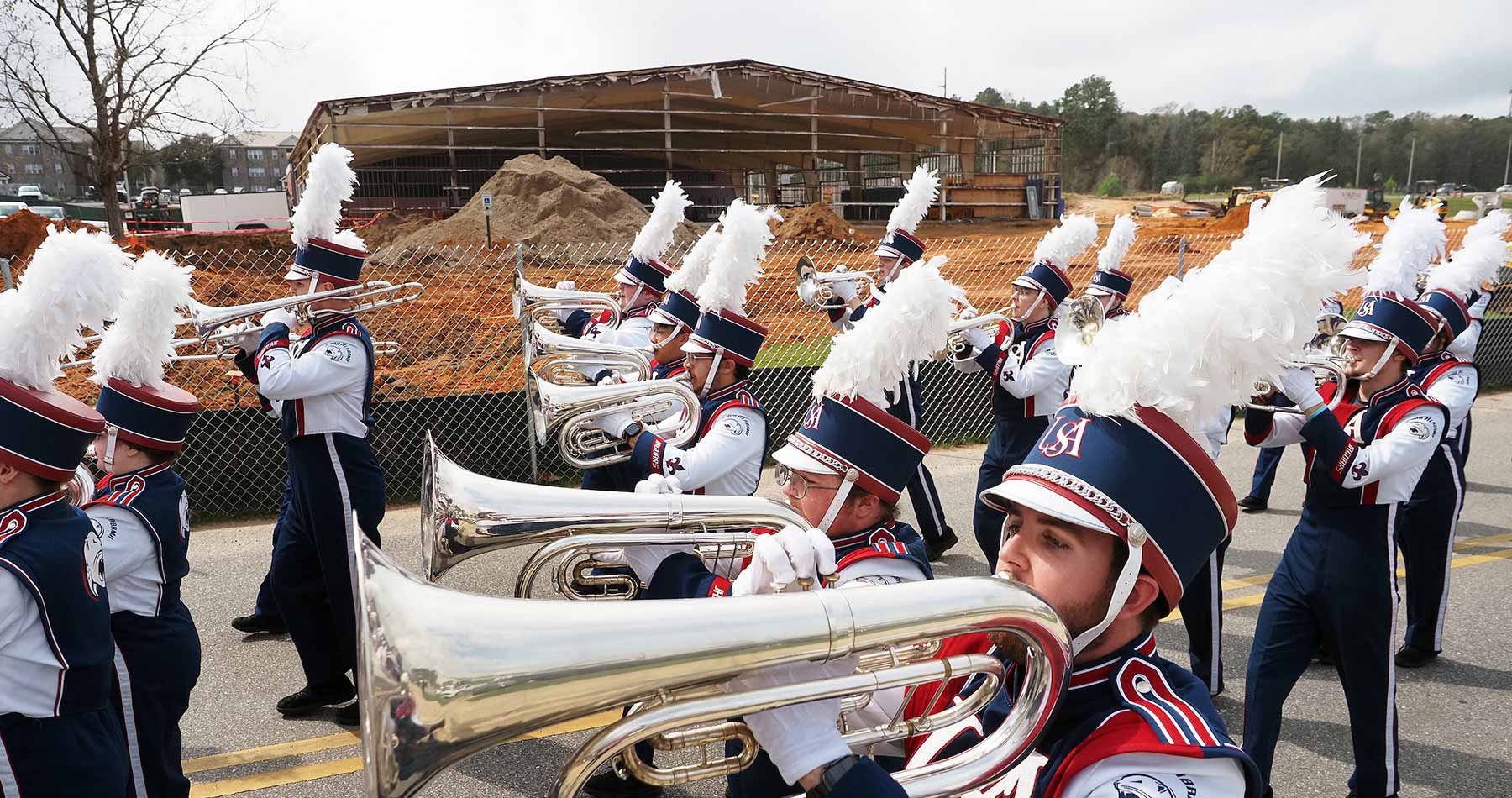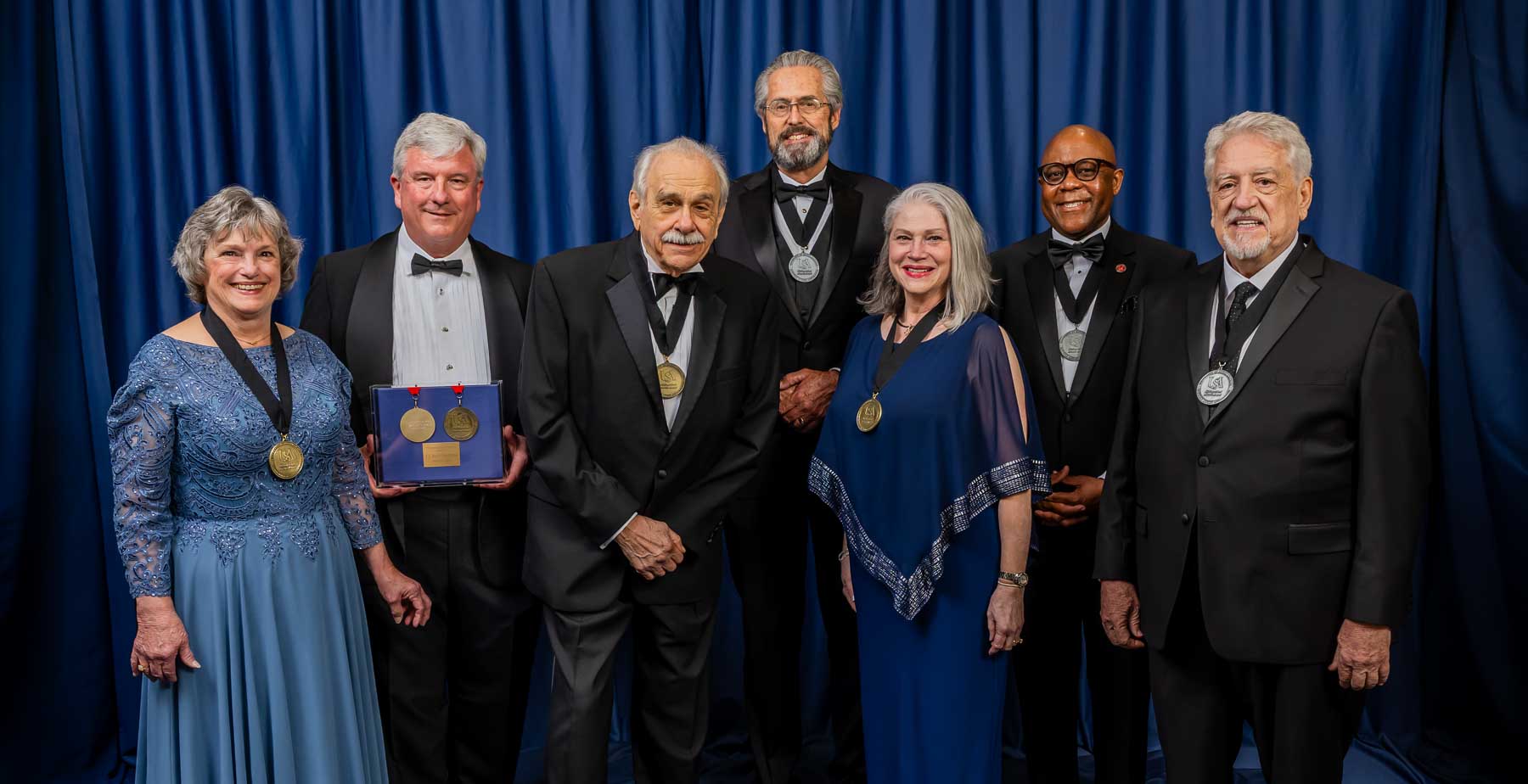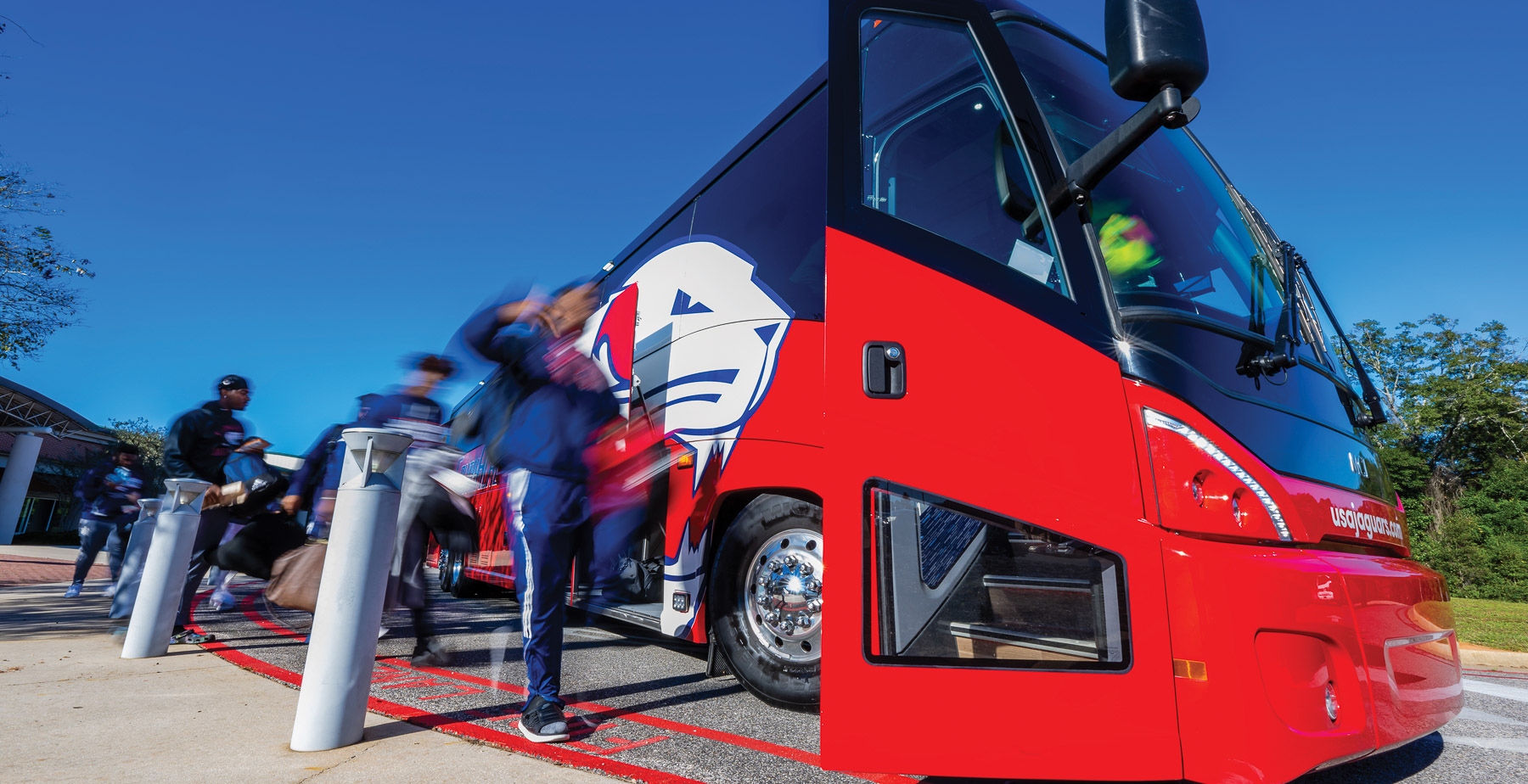USA Hosts Shut Out Human Trafficking Week
Posted on November 27, 2015
There are 20 million to 30 million victims of human trafficking worldwide and 60,000 in the U.S. alone. Most cases of human trafficking involve exploitation in the global labor market, while sex trafficking makes up a majority of reported cases in the U.S. One-third of those victims are minors.
The numbers begin to shed light on what is a $150 billion a year industry, said Hannah Gould, End Trafficking fellow for the U.S. Fund for UNICEF.
Gould is one of two keynote speakers for the opening day of the University of South Alabama’s Shut Out Human Trafficking week. Gould will join Delise O’Meally, executive director of the National Consortium for Academics and Sports, for the Tuesday, Dec. 1, address.
The two groups have teamed up with University to schedule five days of events focused on education and advocacy to end human trafficking. USA is one of 10 universities this academic year to host Shut Out Trafficking programs.
“We believe student involvement and student athletes in particular have the capacity to be agents of social change,” Gould said. “We really think that college campuses are great ways to raise awareness of human trafficking. Students are the next generation of leaders, and to engage them on this issue is important.”
“We are very humbled to be chosen as one of 10 universities across the nation to partner with the National Consortium for Academics and Sports and the US Fund for UNICEF on such an important cause,” said Travis Toth, associate athletic director for USA, who helped organize the University’s involvement. “We are dedicated to bring awareness to our campus community, our city and the Gulf Coast to stop human trafficking.”
Gould said she will tell students how they can take action and what signs to look for in identifying human trafficking. She said people often unknowingly support human trafficking by purchasing products made with forced child labor.
O’Meally, whose organization focuses on creating social change through sport, said she will talk to students about how they can find their voice. America’s youth and young adults have historically been leading advocates for social change, O’Meally said, and today more than ever, through changing technologies and social media, individuals can influence a national discussion.
“Even as a person, one person, they can make or start a change,” she said.
The University has scheduled multiple events that will include USA students, faculty, staff and the general public. These events are designed to educate the community on the horrific practices of trafficking and the widespread footprint across the region, nation and worldwide. The week includes the keynote address, a film entitled “Not My Life,” an open forum led by community professionals, a fair trade market exhibit and a “Shut Out Human Trafficking” tailgate at the Dec. 5 Jags football game to close the week.





